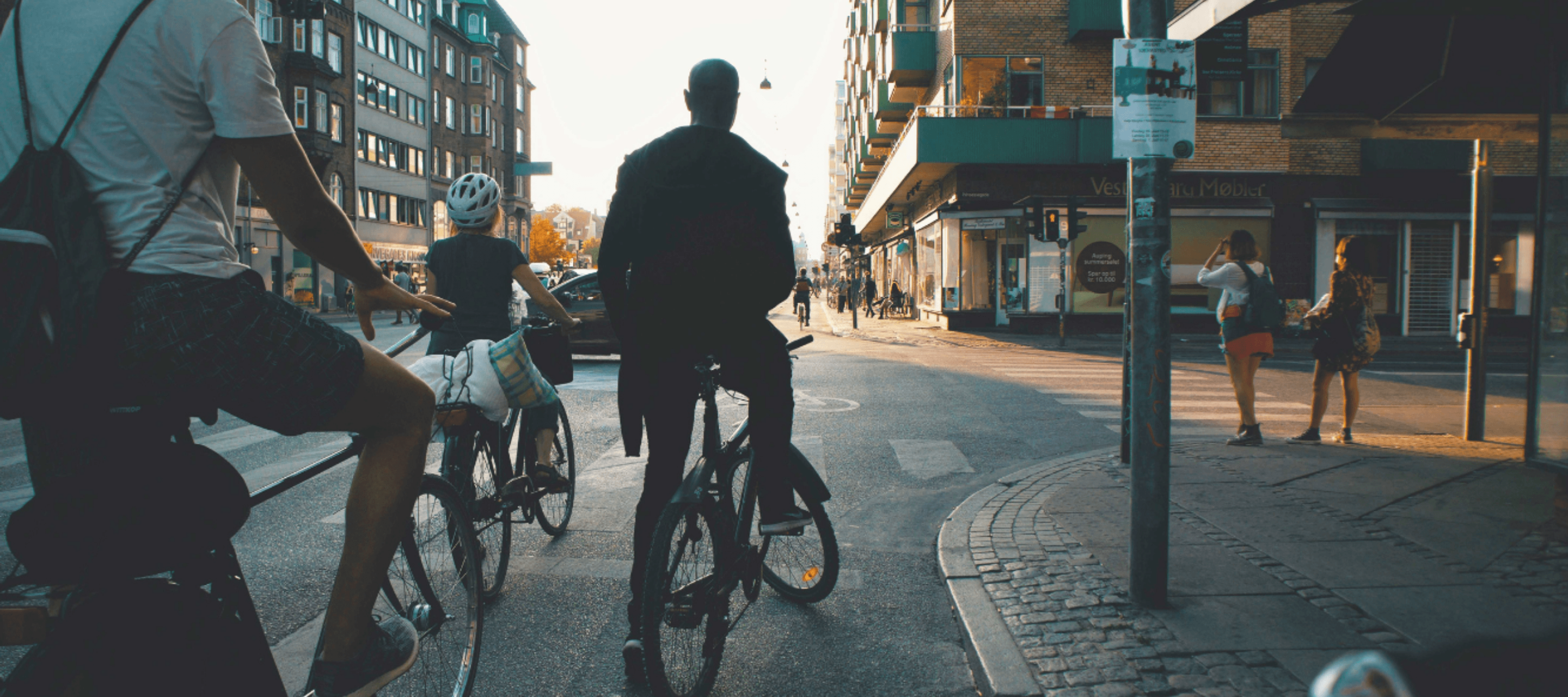Making Climate Action in the Built Environment Socially Equitable - A Joint Endeavour
2 March 2021

IHRB and the Laudes Foundation have begun a new partnership to scale social equity outcomes in the context of climate action in Europe's built environment. The project comes at a time when the EU is stimulating finance to meet climate targets and starting to rebuild post-COVID economies.
The #DignitybyDesign programme will pilot human rights approaches within four diverse, early-stage building projects across the region: seeking to maximise social outcomes for users, local communities and workers, and to foster greater collaboration between decision-makers throughout the built environment lifecycle. These will build on the first Building Dignity pilot which is already underway in the human rights city of Bergen, Norway - the conversion of a former teacher training college into a welcoming centre for newly arrived migrants and refugees.
Drawing lessons from the pilots, the project will advance Europe-wide policy advocacy, to integrate practical, social equity outcomes into key initiatives such as the EU Taxonomy for Sustainable Finance, the EU Strategy for a Sustainable Built Environment, and the New European Bauhaus.
The project will also support the creation of a coalition of practitioners from government, finance, industry and civil society, committed to centering social equity as Europe’s built environment moves towards net-zero carbon.
Inequality in Europe’s built environment can play out in multiple ways: climate mitigation projects that benefit only the few; discrimination on grounds of gender, age, race, ability, migration status, and other factors; exploitation of construction workers on sites and through supply chains; and unequal access to green space and adequate housing, with resulting impacts on physical and mental health.
Annabel Short, Head of Built Environment of IHRB: “The urgently-needed action on net-zero buildings will only gain broad-based support if it also addresses inequality and strengthens inclusion. This requires systemic change – overcoming barriers such as top-down decision-making, silos between actors, and financing and business models that drive a race to the bottom, while dramatically scaling responsible investment in the areas that need it the most.”
James Drinkwater, Head of Built Environment of Laudes Foundation: “Meeting the demands of the Paris Agreement is going to require a fundamental rethink of our economy and society. There is a real opportunity for an inclusive and regenerative built environment to emerge, and Laudes Foundation is proud to support IHRB’s drive for #DignitybyDesign to help make that happen.”

What is #DignitybyDesign?
#DignitybyDesign is a two-year project funded by Laudes Foundation to create a pathway for building projects across Europe to embed social equity approaches in their decarbonisation plans. It will do this by:
- Piloting social equity approaches within early-stage projects across Europe that represent diverse geographies, contexts, and social challenges, to share lessons, identify the most effective approaches, and inspire others. Stakeholders interested in being one of the pilots are encouraged to reach out to IHRB.
- Advocating for strong policy interventions by local and national governments, investors and industry that scale social outcomes.
- Catalysing a dynamic ecosystem of architects, construction firms, investors, governments, and civil society representatives at local and regional levels to scale positive social outcomes through collaboration and silo-busting.
This project is part of the global #DignitybyDesign programme led by IHRB and its coalition partners Raoul Wallenberg Institute of Human Rights and Humanitarian Law, Rafto Foundation for Human Rights, and the Australian Human Rights Institute at the University of New South Wales. This coalition is also advancing the programme in regions beyond Europe.



